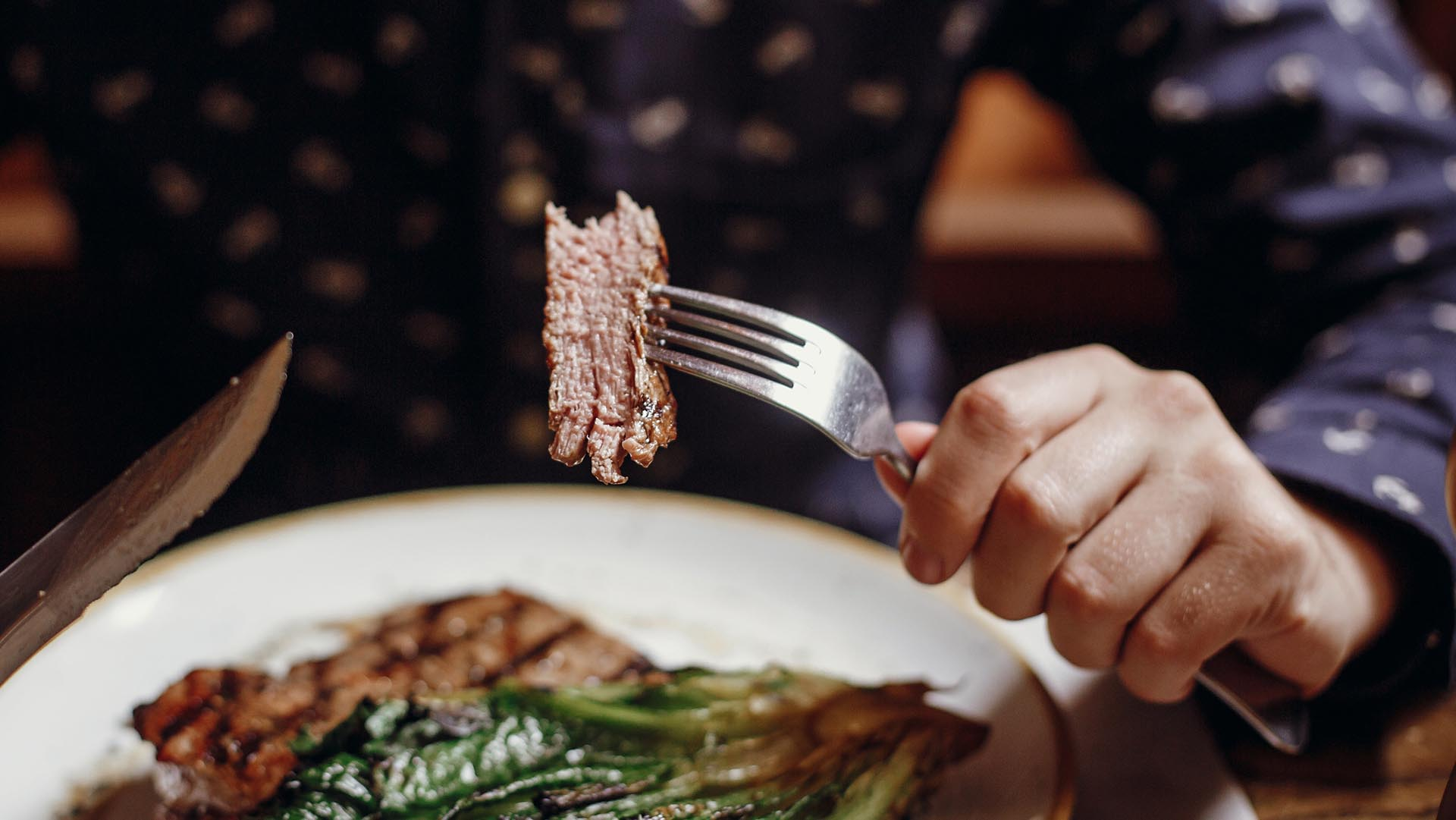Can You Eat Meat And Care About Climate Change?
We may receive a commission on purchases made from links.
The past few months have marked a distinct shift in the tone of the conversation over climate change and agriculture's contributions to it. Previously, mainstream sentiment acknowledged that raising animals for meat, specifically cattle for beef, isn't great for the environment and likely accelerates climate change. We as a society should try to do better, the thinking went. In the past few months though, a more pointed line of thinking has been gaining traction: If you eat meat, you personally are accelerating climate change.
It might seem like a subtle distinction, but it has major social implications. It brings the discussion over meat and climate change down from the 30,000-foot level and places it squarely on each of our dinner plates. When you eat meat, it says, you're part of the problem.
Jonathan Safran Foer's new book We Are The Weather might be the most visible example of this new viewpoint. It focuses on individual choice rather than systemic, macro-level change; the accumulation of millions of individual decisions to eat less meat will snowball into meaningful change, he argues. To bury our heads in the sand and expect someone else to fix agriculture's contributions to climate change is not an option. In a conversation with Civil Eats, Foer says:
"We just need this moment of pause when ordering off a menu or when taking food off a shelf in a supermarket. Literally, five seconds of pause, to say, 'I want this, but I know I want other things as well.' Biodiversity or the ability to be outside in the summer or for kids today to not become climate refugees ... whatever it is. How can I weigh these two things right now, in this moment?"
This focus on individual choice makes a lot of people uncomfortable. That was on full display this weekend when J. Kenji Lopez-Alt, a chef and food writer best known for The Food Lab, tweeted the following:
Plenty of people took issue with this. Replies range from "But what about ethically raised meat?" to "Well, what about all the emissions from airplanes?" to "Actually, just don't have children." After plenty of exasperating back and forth, Lopez-Alt tweeted a follow-up: Just eat less, period.
Without even debating the substance of what Lopez-Alt and Foer posit, we can acknowledge this marks a change in the way we're talking about meat and climate change. The type of personal mandate they're suggesting means that each meal we eat is a moral decision, a choice for or against helping our gravely ill planet. Watching a friend order a burger could be, to some people, the same as watching them throw a plastic bottle out the window. It suggests a future in which our choice to eat meat or not during a particular meal is as fraught as lighting up a cigarette in public.
